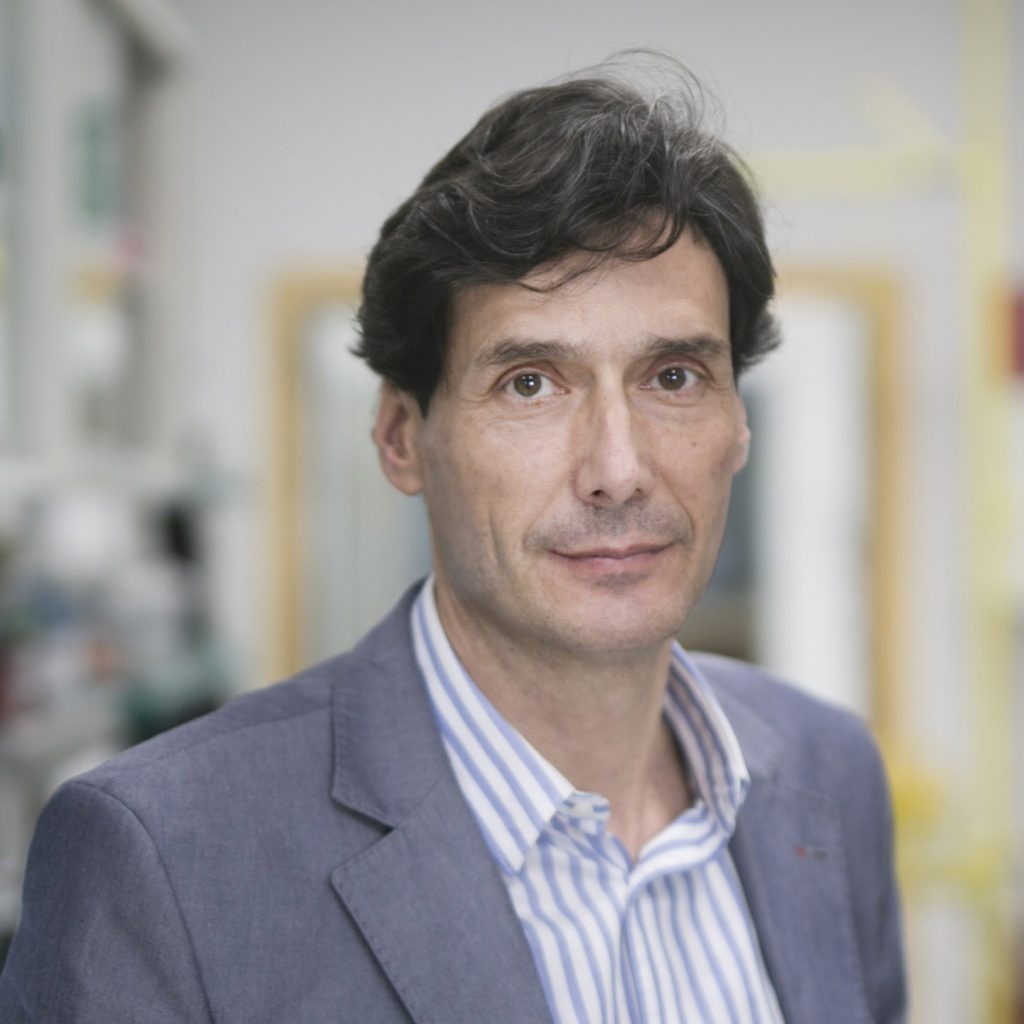Manuel Serrano se doctoró en 1991 en la Universidad Autónoma de Madrid. De 1991 a 1996, Serrano trabajó en el equipo de David Beach en el Laboratorio Cold Spring Harbor de Nueva York. Durante este periodo, Serrano realizó su descubrimiento más importante al identificar y caracterizar el gen p16, uno de los genes más importantes en la protección frente al cáncer. Serrano regresó a España en 1997 para dirigir un grupo de investigación, en un primer momento en el Centro Nacional de Biotecnología (CNB) y, posteriormente, de 2003 a 2017, en el Centro Nacional de Investigación Oncológica (CNIO), ambos en Madrid. En 2017, Serrano se trasladó al Instituto de Investigación Biomédica (IRB), ubicado en Barcelona.
A Manuel Serrano se le reconoce internacionalmente en el campo de la supresión tumoral. Además del descubrimiento del gen p16, uno de sus más importantes hallazgos ha sido la identificación de la senescencia celular como principal respuesta anti-oncogénica. Recientemente, su laboratorio ha demostrado también que la senescencia celular participa en distintos procesos de remodelación del tejido durante el desarrollo embrionario. El equipo de Serrano fue pionero en la generación de ratones resistentes al cáncer modificados genéticamente, encontrando un vínculo entre los genes supresores tumorales y el envejecimiento.
En los últimos años, el interés investigador de Manuel Serrano se ha extendido a la reprogramación metabólica y celular en relación al envejecimiento. El laboratorio de Serrano fue el primero en demostrar que es posible la reprogramación celular en células pluripotentes dentro de un organismo, otorgando la revista Nature Medicine el premio Advance of the Year 2013 a este descubrimiento. Más recientemente, Serrano ha declarado en la revista Science que la reprogramación en vivo mejora por la coexistencia de lesiones tisulares gracias a la producción de la interleucina IL-6.



